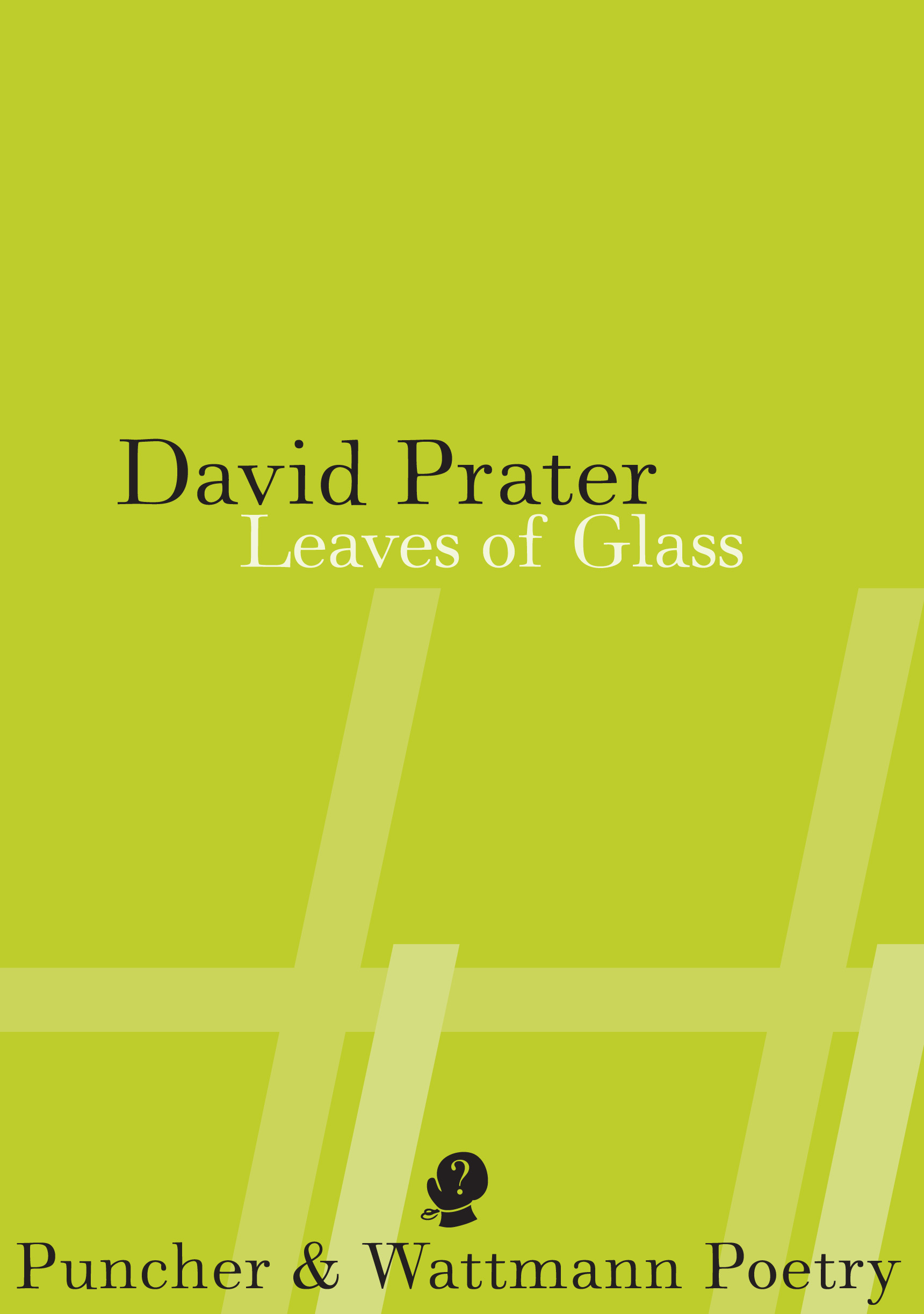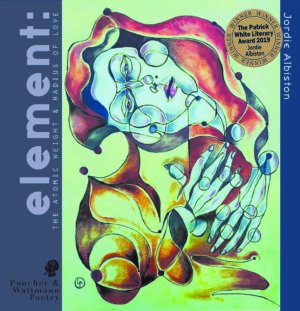Product Description
Leaves of Glass is based on correspondence between Walt Whitman (1819–1892) and Bernard O’Dowd (1866–1953). The letters, more than twenty of which have now been found, were written between 1899 and 1892. At that time, Whitman was at the end of his life and his career, and O’Dowd (whose first collection, Dawnward, would not be published until 1903) was a young legal librarian who wore a blade of grass in his lapel as a tribute to Whitman.
“Leaves of Glass assembles the shards of a lost and broken correspondence into a jagged lens, and examines imagination and sympathy. Wild, sharp and witty, these poems find their languages in the gaps between letters and the silences between words, and build a radiant, vital and eloquent collection.”
—Felicity Plunkett
“However one approaches this wonderfully original and sophisticated book, it is Prater’s masterful, often unpredictable use of rhythm and expression, and his effortless fusion of humour with melancholy and lyricism with idiosyncrasy, which mark him not only as an insightful student of culture and history but also as one of the foremost Australian poets of his generation.”
—Ali Alizadeh
REVIEWS
“David Prater’s Leaves of Glass perhaps takes the widest lens in its consideration of tradition, reimagining and reworking material gathered from a correspondence between the young poet Bernard O’Dowd and the ageing patriarch of American verse Walt Whitman towards the end of the 1800s.” FIONA WRIGHT, The Australian
“This is not, however, a historical novel in verse. It refracts the correspondence through a perpetually shifting series of voices and forms, from heavily ironic, mock-traditional ones (‘Treading: An Air’) to the language of personal columns. There is even a translation of Whitman’s ‘O Captain! My Captain!’ into the language of LOLcats, that is, rewriting the poem as though by a cat (‘Gowayz Ob Lol: “O Kitteh! Meh Kitteh!”’). Despite having some sharp literary and cultural observations to make, there is nothing precious or stuffy about this book.” GRAEME MILES, Australian Book Review
“Prater deftly plays with these two personae, offering a kaleidoscopic vision of their relationship alongside a number of poems that experiment with the ambiguities of written language and the shifting levels of intimacy revealed by the O’Dowd–Whitman letters…The O’Dowd–Whitman correspondence provides scaffolding for this collection, which is nevertheless a masterful engagement with complex poetic techniques of voice and structure…The adept portrayal of two distinct personalities, particularly the troubled O’Dowd, and the carefully crafted language throughout the collection, ensures that the reader is engrossed and delighted with every new experiment.” SALLY EVANS, Cordite Poetry Review





